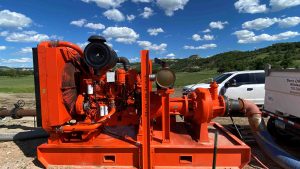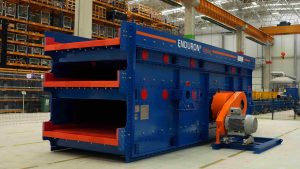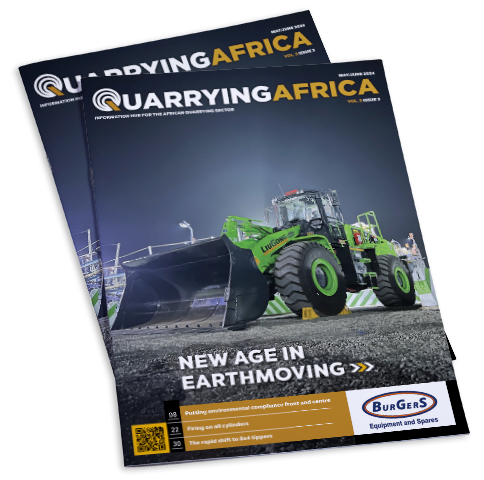The construction sector, a key pillar to economic and infrastructure development, requires an abundant and dependable supply of quality aggregates. While there is no specific legislation that governs quality – with a wide variation in what different contracts consider suitable aggregates for specific applications – quality control/assurance is absolutely critical to the production of aggregates and crushed granular material produced at a quarry.
“Without some form of quality assurance, you have no idea of where you are in real terms, besides the ‘gut feel’ which often depends on an individual’s experience. This can be a good starting point if one is experienced but without a definitive test result, one cannot determine if the quality of the product is tending towards the edge of the specification limits, which is problematic,” says Pearce.
Trending of results on a daily basis, he adds, helps aggregates producers get a feel of how consistent the crushed material is and whether any adjustments are required in the production process. If done well, one should be able to determine the rate at which the material is changing and make adjustments accordingly before any major issues occur.
“Paying attention to quality allows producers to sleep peacefully at night as they are confident that their product complies with the specification. Capital channelled towards quality control/assurance is money well spent; it can lead to overall cost reductions based on lower percentages of materials produced that are out of the product specification limits. The investment pays for itself by reducing the percentage of rejected materials per annum, thus helping meet the needs and expectations of customers, and those invested in the quarrying activities,” says Pearce.
Why quality assurance?
Consistent aggregates quality is a key competitive edge for producers. Quality assurance helps ensure that quarries supply products that meet the required specification. High-quality products result in satisfied customers, which can result in customer loyalty, repeat orders and positive references.
Quarry operators by their nature tend to pay more attention to production, driven by the perception that the more they produce the bigger the income. However, Pearce points out that if production is driven too hard, the risk of losing quality, possibly resulting in materials that are out of spec and ultimately rejection or reclassification to a lower quality material and a lower sales price per tonne. “This is the one aspect that any primary or secondary supplier wants to avoid due to the potential loss of income and reputational damage,” he says.
Quality assurance is about people and processes; people must define a process workflow and oversee its implementation. Pushing production too hard can result in longer working hours, which creates an unsafe environment due to fatigued personnel and/or the taking of shortcuts. This often results in unsafe practices or changes in the testing methods so as to allow the acceleration of production to meet the adjusted targets.
“Unfortunately, shortcuts often lead to incorrect and inaccurate results, which is the one thing operations cannot afford as all decisions on material compliance in aggregates manufacturing are based on test results,” says Pearce.
The second activity that normally receives the greatest attention in aggregates production is Health, Safety and Environment (HSE). Given that it is a legislative requirement for compliance, it gets the attention due to it as quarry owners want to keep on the right side of the law.
“If HSE is your main driver, very little will get done in terms of quality and the quarry will start losing money,” he says. “If quality is the major driver, production is controlled within acceptable limits to ensure material confirms to specifications and HSE is kept in hand as everyone is not rushing around trying to meet fast-tracked production targets.”
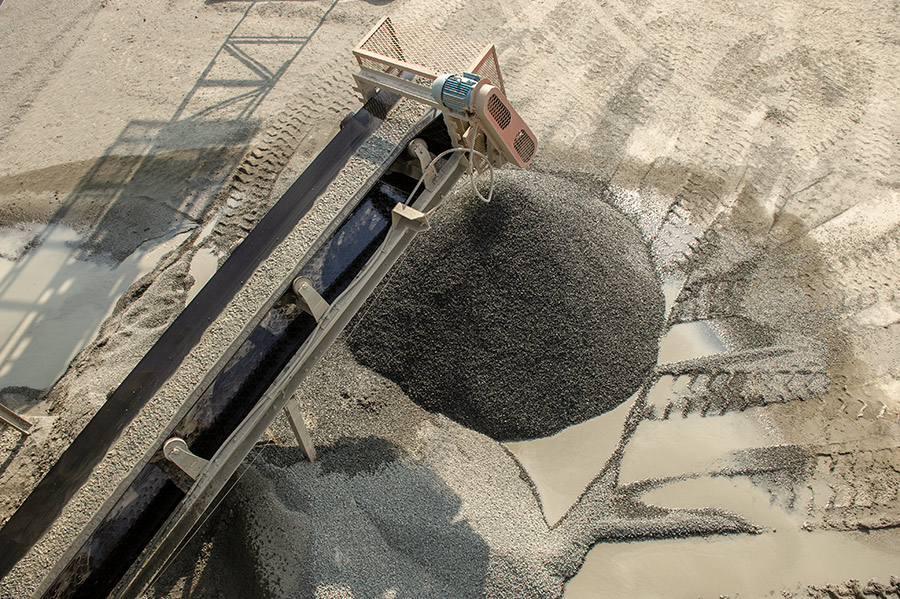
The downside
The major downside of poor quality control, states Pearce, is rejected material that is out of specification, which results in loss of income and the resultant loss in reputation. The cost of such a failure is not just the replacement cost of the material, it is also the removal of the rejected material, the delivery and reworking of the new material. The big argument is always who then pays for these additional incurred costs?
“Further to this is the breakdown in trust between contractor and supplier, as well as the lack of faith from the engineers who approve the material and ultimately release the money that pays for it,” says Pearce. “Confidence in one’s product is also in question, so selling/marketing can be problematic as one may oversell and underdeliver, which is not great for marketing with confidence of one’s brand.”
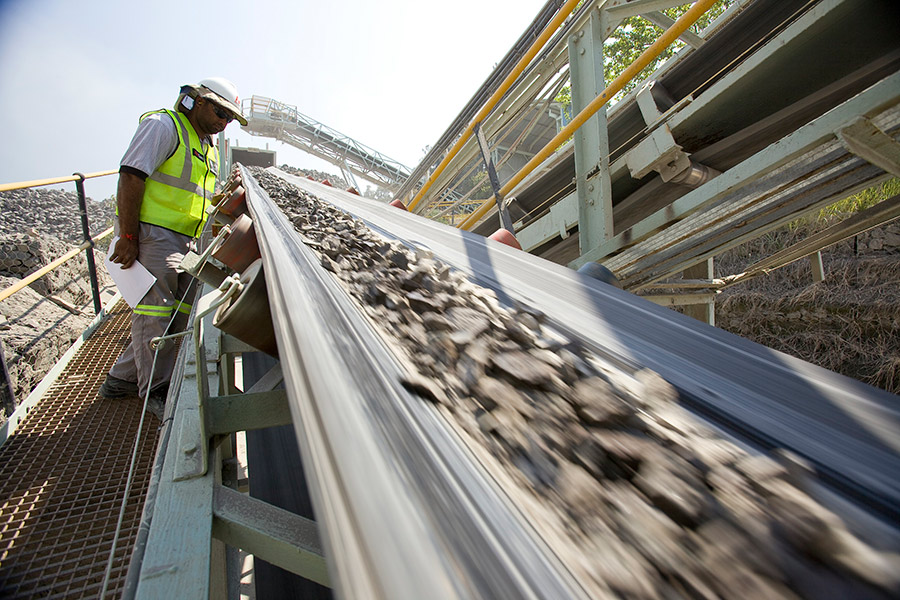
Industry guidance
Increasing requirements for certified quality aggregates has led surface mining industry association, ASPASA, to introduce its own guidelines and auditing systems to ensure testing of aggregates and crushed granular materials is carried out in accordance with the South African National Standards (SANS) 3001-AG and -GR series of test methods.
ASPASA’s Technical Quality Committee’s mandate is to keep members up-to-date with the latest changes in any standard specifications and testing methods; to allow members to give input in any revision of these standards; and to ensure quality processes are followed, through good laboratory practices (GLP).
Quarries members of ASPASA can now participate in an annual audit designed to measure compliance of testing facilities, including their apparatus calibration and personnel competence, against an abridged ISO 17025 format, to ensure the correct classification of products.
The audits complement the association’s well established environmental and health and safety (ISHE) audit systems, which have contributed to the association’s recognition internationally as a leader in these fields.

Unfortunately, says Pearce, with production being seen as the main driver behind profitability, it often gets the lion’s share of the attention, while quality tends to be overlooked. Consequently, laboratory setups at many quarries remain understaffed, underequipped and are just there to provide results that preferably always pass.
“Capital expenditure on laboratories at quarries is often regarded as an unnecessary expense that could be used elsewhere with greater benefits to production. The perception of where the laboratories fit into the overall management organogram needs to be revised. The laboratory actually underpins all production decisions regarding the adjustments to the crushing process and maintenance routines. In my opinion, the value of a strong laboratory on such facilities is one of the biggest cost-savers compared to any other aspect of the operation,” concludes Pearce.

